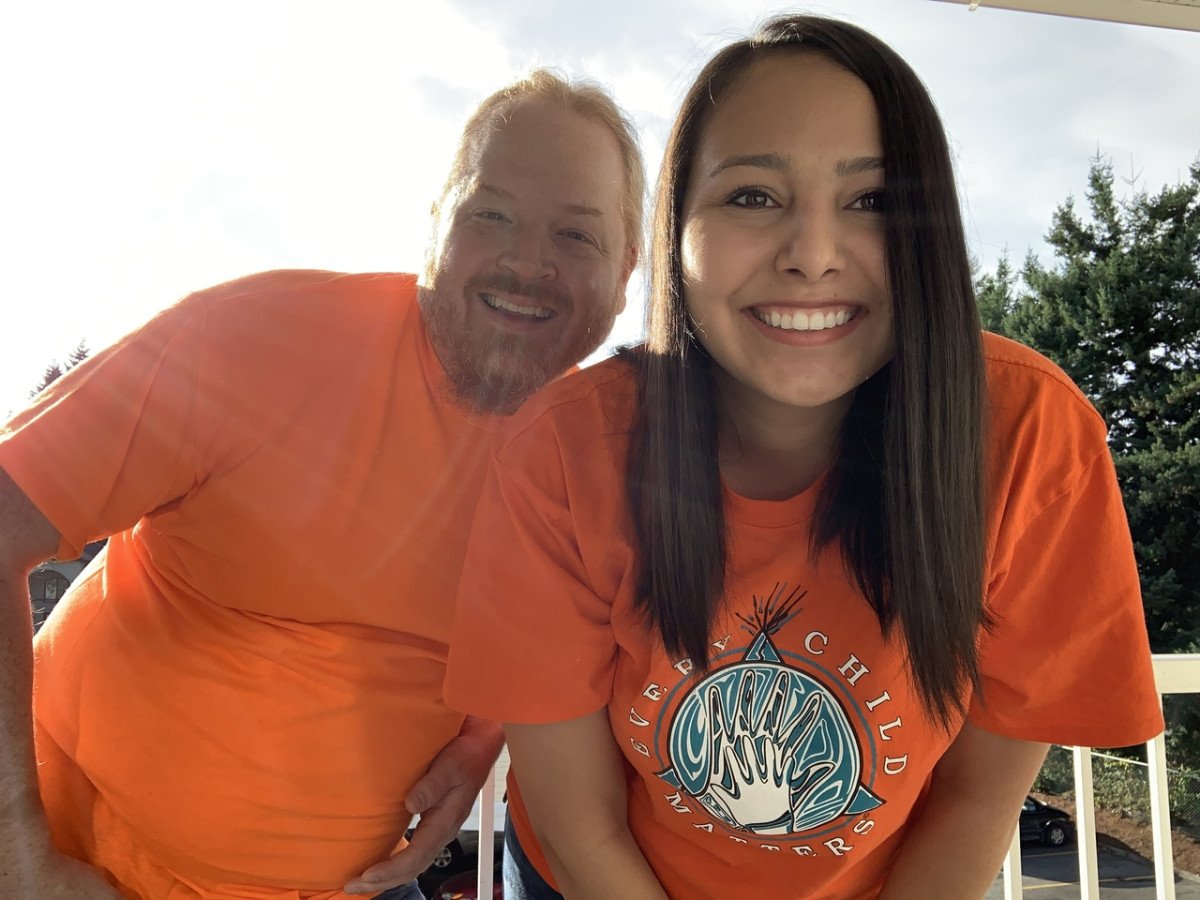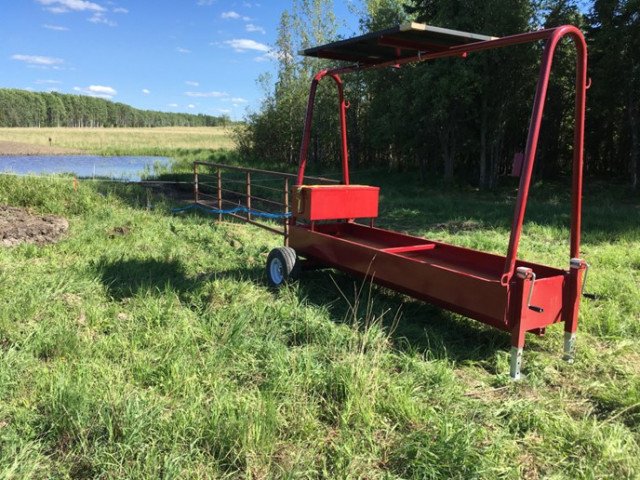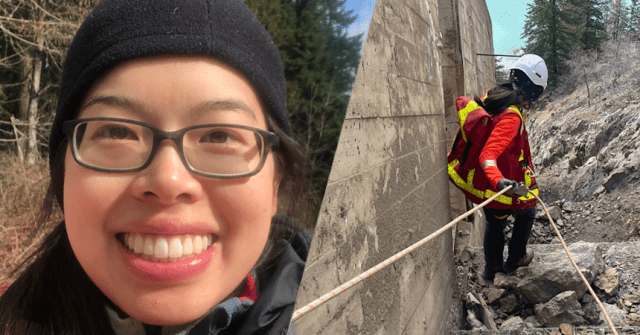Every year on September 30, we wear an orange shirt to remember residential school survivors. The orange shirt represents Phyllis Webstad’s first day of residential school where she was stripped of her shiny new orange shirt, never to see it again. (If you’re interested in learning more about her story, you can find it here.)
Before I get too deep I should introduce myself, my name is Janelle Comeau, Event Planner for BC Hydro. I work closely with the Power Smart for Schools program to plan events that educate youth on energy conservation and electrical safety. I’m Stl’alt’imx Nation from Port Douglas and my mother and grandmother are residential school survivors.
When I was asked to write this, the first thought that came into my head was my husband, and the day I taught him about residential schools and the effect it had on my family and my culture. My husband and I were folding laundry while having a conversation about our day. I mentioned how I read that Prime Minister Stephen Harper had issued a statement of apology to former students of Indian residential schools. My husband remained quiet, so I asked him if he knew the history behind the apology, and he said “No, what’s a residential school?”
When we were in school, we didn’t learn about this part of Canadian history, so I couldn’t blame him for not knowing. Growing up, I was the only one in my class who understood the history because my mother would tell me stories of what it was like for her and my grandmother, how their culture and their sense of self was stripped away from them.
Today, reconciliation steps are being taken, our history is being shared, and survivors are willing to speak up and share their stories. Educational resources are available to educators to help them teach their students about the residential school experience and indigenous perspectives are being included in the classroom:
If you’re an educator, please encourage your students to wear an orange shirt to show support for residential school survivors. It’s important to discuss our history and to teach the next generation about the meaning behind “every child matters,” the effect residential schools had on indigenous people and the legacy it left behind. When one generation is put through trauma, that trauma can ripple through many generations. Talking about the side effects can help us learn to think about our actions and how those actions can have consequences that can last for years. We need to remember to respect one another because no child should ever be made to feel like they don’t matter.
To support the Orange Shirt Day organization, you can purchase an “Every child matters” shirt here.
Additional resources
Power Smart for Schools strives to develop educational resources that include Indigenous perspectives and encourage students to care for the natural world.
For curriculum-aligned activities that apply Indigenous perspectives and knowledge as sources of information, check out our 24 new curriculum-aligned K – 12 activities:
Grade K – 3
Grade 4 – 6
Grade 7 – 9
Grade 10 – 12






